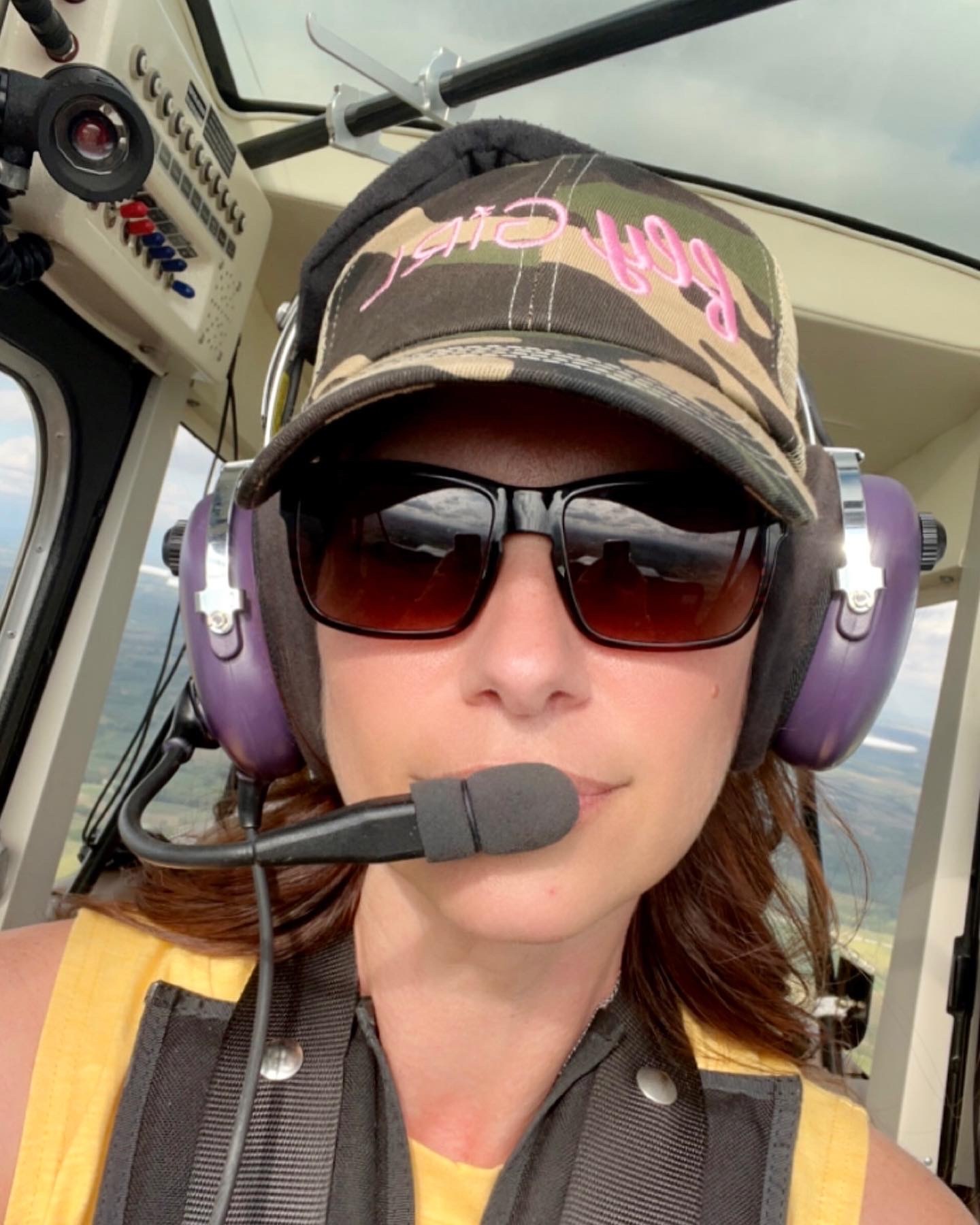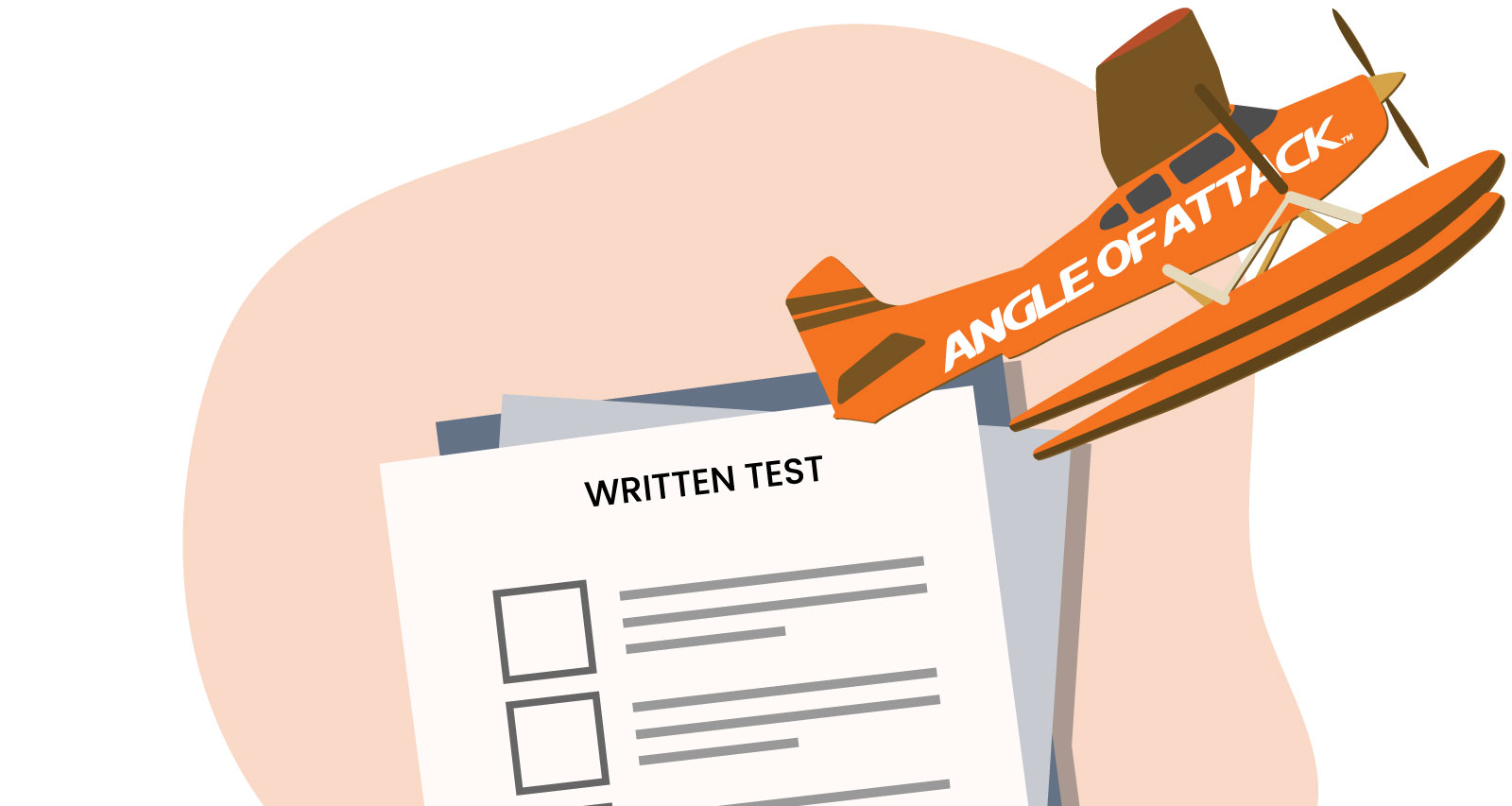
The dream of becoming a pilot is a common one for many individuals. The idea of soaring through the skies, navigating sophisticated aircraft, and visiting new places is certainly appealing. However, before one can embark on this exciting career, there are certain medical requirements that must be met. Some medical conditions can disqualify a person from obtaining or retaining a pilot’s license. In this article, we will explore a few various medical conditions that may prevent someone from pursuing a career as a pilot. Also, provide a comprehensive understanding of these restrictions. So, what medical conditions can disqualify you from being a pilot?
Vision Impairments
Good vision is essential for pilots to navigate, monitor instruments, and avoid obstacles. The Federal Aviation Administration (FAA) in the United States and similar regulatory bodies in other countries have strict vision requirements for pilots.
Uncorrected Visual Acuity: If an individual’s uncorrected vision is worse than 20/200 in either eye, they are not eligible for a first or second-class medical certificate. Which is required for commercial and airline transport pilots.
Corrected Visual Acuity: A corrected visual acuity of at least 20/20 in each eye is mandatory for first-class (airline transport) and second-class (commercial) pilots. While a third-class (private and recreational) pilot must have at least 20/40 in each eye.
Color Vision: Pilots must be able to perceive colors necessary for the safe performance of their duties. This is to recognize aircraft navigation lights, airport lighting systems, and instrument displays.
Refractive Surgery: Pilots who have undergone refractive surgery, such as LASIK or PRK, may still be eligible to fly, but they must meet specific postoperative requirements. These requirements include stable refraction and no complications.

Hearing Impairments
Hearing is vital for pilots to communicate with air traffic control. Also, to communicate with fellow crew members, and receive important auditory cues from the aircraft. The FAA has set minimum hearing requirements for all classes of pilots. Pilots must demonstrate through Audiometric Testing the ability to hear an average conversational voice at a distance of six feet without the use of a hearing aid. If a hearing aid is needed to meet the requirements, the pilot must wear the aid while flying and demonstrate proficiency in using it.
Cardiovascular Conditions
Cardiovascular health is crucial for pilots, as conditions affecting the heart can lead to sudden incapacitation in the cockpit. Some cardiovascular conditions may disqualify a person from becoming a pilot.
Coronary Heart Disease: Pilots with a history of myocardial infarction, coronary artery bypass surgery, or angioplasty may be disqualified.
Cardiac Arrhythmias: Irregular heart rhythms, such as atrial fibrillation, may disqualify a pilot. Unless they are well-controlled with medication or other interventions.
Heart Valve Disorders: Pilots with significant valve disorders, like aortic or mitral valve stenosis, may be disqualified if they pose a risk of sudden incapacitation.
Neurological Conditions
Neurological conditions can impact a pilot’s cognitive abilities, motor function, and consciousness, which are all essential for safe flight operations. For example, a history of epilepsy, regardless of seizure control, is disqualifying for all classes of pilot medical certificates. Also, pilots who have experienced a stroke or TIA may be disqualified, depending on the severity, recovery, and any residual impairments. Even migraine headaches, particularly those with aura or those that cause neurological symptoms, may disqualify a pilot if they significantly impair their ability

Diabetes
Diabetes can affect a pilot’s ability to maintain stable blood sugar levels, which is essential for cognitive function and decision-making. The two basic types are listed briefly below.
Insulin-Dependent Diabetes: Individuals with insulin-dependent diabetes are typically disqualified from obtaining a first, second, or third-class medical certificate. However, some countries, like the United States, have introduced protocols allowing insulin-dependent pilots to obtain a special issuance medical certificate. They are allowed to achieve this under specific conditions and monitoring.
Non-Insulin-Dependent Diabetes: Pilots with non-insulin-dependent diabetes may be eligible for a medical certificate. Only if their condition is well-managed through oral medications or lifestyle changes.
Sleep Disorders
Sleep disorders can impair a pilot’s ability to maintain alertness and focus during flights. Pilots with untreated obstructive sleep apnea are disqualified. However, they may be eligible for a medical certificate if the condition is well-managed. This is usually done with continuous positive airway pressure (CPAP) therapy or other approved treatments. Although a history of narcolepsy, a sleep disorder characterized by excessive daytime sleepiness and sudden sleep attacks, is disqualifying.
The list of medical conditions that can disqualify someone from becoming a pilot may seem extensive. Although, it is important to remember that these restrictions are in place to ensure the safety of both pilots and passengers. Many of the disqualifying conditions can be managed or treated, allowing pilots to obtain a special issuance medical certificate under specific circumstances. If you are considering a career as a pilot and have concerns about your medical eligibility, consult with an aviation medical examiner (AME). You can discuss your individual case and potential options. We at Angle of Attack are always here to help guide you in the correct direction and answer any questions we can.
Have more questions about becoming a pilot?
The FREE Total Student Pilot Course covers everything you need to know about starting your aviation journey!

Karey grew up and obtained her in private pilot’s license in Central Iowa. She fell in love with tailwheel aircraft during her primary training and obtained a tailwheel endorsement the week following her private pilot checkride. She is eager to obtain her seaplane rating and is merging her passion for flying with her prior work career. Karey has a background in marketing, editing, and web design after graduating from Simpson College. When she is not flying or working, Karey enjoys anything related to technology and admits she can be a bit of a nerd. She also has discovered a love for virtually all outdoor pursuits, with a special fondness for climbing, shooting, and hiking.

Stay Connected
Be the very first to get notified when we publish new flying videos, free lessons, and special offers on our courses.





